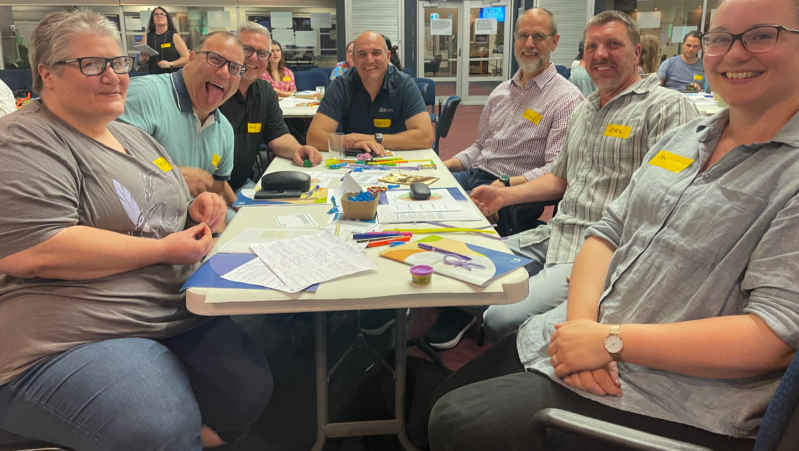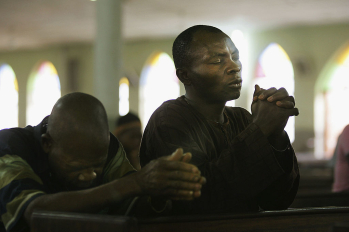
The wider Church has been good at talking to young people but arguably not so good at listening to them – an underlying focus for three Converge/Your Story conferences attended by 200 people and 86 organizations in Melbourne, Adelaide and Brisbane in Australia early last month, November 2024.
Converge Oceania is the umbrella name for a relational group of youth leaders in Australia and New Zealand who represent key ministry organizations and denominations in both countries. The need to reach and disciple young people is the key driver for the network, wanting to both support and equip the church in ministry efforts with youths. Efforts to do so involve supporting each other’s ministries alongside coworking on joint projects.
Together, they launched a national research project called “Your Story,” which narrates the stories of 439 young people. The objective is to gain a better understanding on the importance of faith and spirituality for contemporary youngsters and the cultural explanations therein.
“Through this project, young people have told us very clearly what best supports their faith journey - and also, what doesn’t support them,” said Adrian Blenkinsop, Converge Project Manager.
The overriding idea is to utilize this information for the Church in Australia and New Zealand to comprehend the anticipated future spiritual paths for young people and then initiate ministries that align with the results.
Five key findings emerged from the Your Story project: firstly, narrative is important for young people wanting to express and experience faith, and secondly, this happens within a relational ecosystem, highlighting the fact that relationships “meaningfully impact their faith,” according to a Your Story “Key Findings Report,” Nov. 2024.
Thirdly, disciplers of young people have to be part of this relational ecosystem, not outside observers. This follows an A.B.O.U.T. acronym: Acceptance, building Belonging, promote Ownership, foster Understanding and being anchored in Trust.
Fourthly, any discipling action has to be grounded in appropriate relational strength, meaning positive relationships.
“Young people whose faith is growing in commitment take increasing responsibility for their faith,” stated the key finding report. “They do this by becoming interdependent participants in their discipling ecosystem.”
Lastly, this constructive discipleship helps young people feel empowered to utilise resources available to them, to bolster their personal faith.
Blenkinsop told Christian Daily International that a wide range of denominations and mission agencies were represented at the three conferences, to discuss these issues.
“It was wonderful to see Christian parents, academics, senior ministers, CEOs, chaplains, volunteer leaders and Christian teachers in conversation together as we wrestled with how these stories might shape our discipleship practices with our young people,” Blenkinsop said.
Conference attendees were also invited to register an interest in hosting a Your Story workshop or presentation next year. 35 responses have been received to date.
“We’re now trying to work out what we are able to do, and how to best manage the process and requests,” Blenkinsop explained. “It’s a good challenge to have, as it indicates a strong buy-in and engagement with the results, as people want to explore how the findings can shape their discipleship practises with young people.”
Plans are afoot for another Converge/Your Story conference in New Zealand next March. There are other gatherings in the pipeline for Sydney and Perth, Blenkinsop revealed, as well as more gatherings in Melbourne, Adelaide and Brisbane, and within rural areas.
“We feel that the church has been very good at talking ’to’ young people, generally telling them what they ought to do and believe, and what it means to be a follower of Christ - however, we have not been so good at listening to them,” Blenkinsop elaborated.
“That’s why 'Your Story' is such a unique and fresh project. Our overall goal is to understand the spirituality of young people further and support Christian denominations, churches, agencies and schools in their efforts to nurture healthy and constructive spirituality in young people.
"This research will help the church to better understand and engage an increasingly post-church youth culture, and support discipleship efforts through evidence-based practice.”





